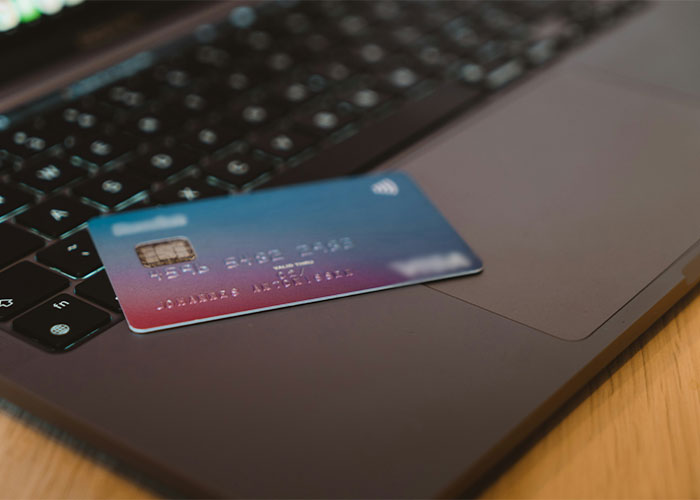As we continue to feel the financial pinch from our Christmas spending throughout January, it’s important to use the new year as a time to plan ahead and improve our financial wellbeing. Read on to see what financial wellbeing in 2025 looks like.
Keep Track of Your Spending
It goes without saying that the first thing you should do is create a budget or spending plan. This will help you set aside certain amounts of money you know you will need for different expenses as the year goes on.
But, while making a budget is easy, sticking to it and keeping track of your spending can be difficult. Our advice would be to make the most of your bank’s online spending and budget tracking tools, to ensure you stay in control of your finances and check for areas you could cut back on to save money. The majority of UK high street banks offer features like this.
For example, HSBC offers a ‘Balance After Bills’ feature in their mobile app, which shows how much you could have left after your regular bills and direct debit payments have come out of your account. This helps you manage your money until more comes in, so you can budget successfully from one payday to the next. You can also see any bills you have coming up in the ‘bills calendar’.
Alternatively, Natwest offers a ‘Spending and Budget Tracker’ within their mobile app, which helps you manage your money by tracking how you’re doing against the budgets you’ve set throughout the month. The tool also sorts your spending into categories so you can see where your money is going each month.
Review Your Monthly Subscriptions
We are all guilty of it. Signing up for monthly subscriptions and sometimes not even using them!
For instance, 2024 Citizens Advice research revealed that consumers spent £688 million on unused subscriptions in 2023. These ranged from fitness apps to food delivery services, and repeat pet food to magazine subscriptions.
If you’re not using any of your monthly subscriptions, cancel them! This can be an easy way to cut back on the things you know you can do without.
Build up an Emergency Fund
At some point, most of us can become faced with an unexpected bill – something we didn’t account for, and in some cases, cannot afford. This could be a problem with your home that isn’t covered by insurance, or something you forgot to budget for, such as your car insurance renewal.
If it’s manageable for you, one of the best ways to improve your financial wellbeing in 2025, and avoid feeling the shock of an unexpected bill, is to build up an emergency fund.
An emergency fund is a financial blanket, stopping you from relying on credit cards or loans when an unexpected cost comes up. You can add money to it each month with whatever funds you can spare once your priority bills or debts have been paid.
People may start saving up an emergency fund for any of the following reasons, including but not limited to:
- Unexpected job loss
- Health emergencies, e.g. medical or dental care
- Home repairs or maintenance
- Vehicle issues
- Vet bills
Consolidate Your Debts
If you are in debt, consolidation may be an option for you if you have debts with different interest rates and/or payment dates.
Debt consolidation is a method of combining several existing debts into a single payment plan with one interest rate. This can often be at a lower interest rate than what you are already paying, enabling you to clear your debts quicker.
Debt consolidation can be taken out for:
- Credit cards
- Bank overdrafts
- Payday loans
- Buy now, pay later
To find out more about debt consolidation, click here.
Get Free, Confidential Debt Advice Without a Phone Call
Financial wellbeing in 2025 may look different for everyone. If you are in debt, it is best to speak to a debt adviser.
If you need advice on how to deal with debt, you can always receive free* confidential debt advice at Angel Advance. Contact us to speak to one of our friendly and experienced debt advisers who can support you with managing your debt, and help you decide on the best options for debt relief, depending on your individual circumstances.
If all you need is some debt advice without the need for a phone call, the Angel Advance Online Debt Advice (ODA) tool is available to use any time, day or night. Our free, online tool is easy to use and won’t affect your credit score. This will help you weigh up the debt solutions available to you, giving you the best recommendations for your unique situation on-screen, instantly.
*Our advice is free, but if you sign up for a debt solution, a fee will apply for some solutions.


